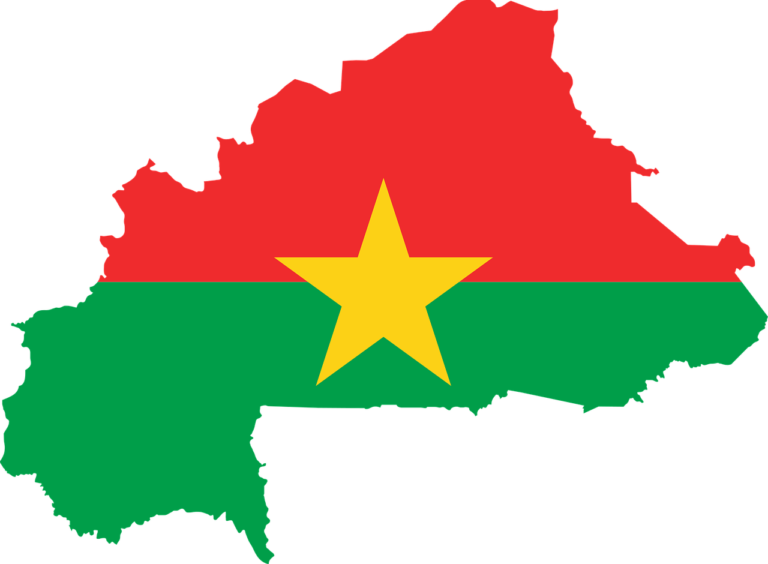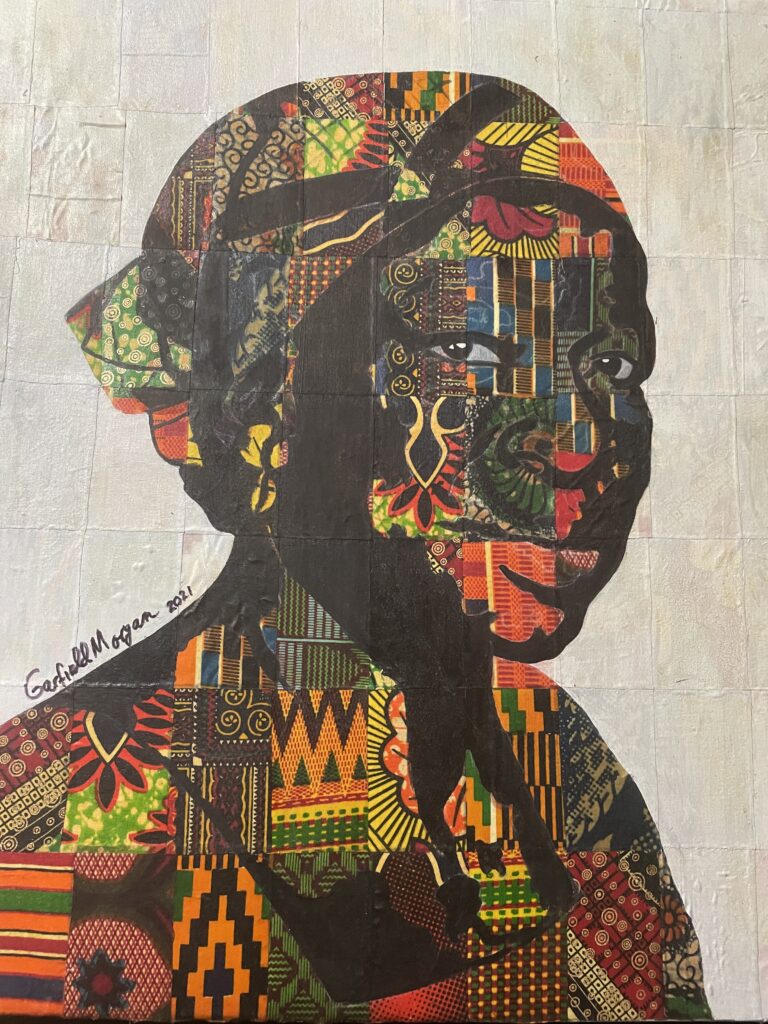Burkina Faso, Mali and Niger finally leave ECOWAS

The three nations, Burkina Faso, Mali and Niger expressed very early their dissatisfaction with Economic Community of West African States (ECOWAS) and their desire to leave, since 2023, after the Niger coup The rules of the 50-year organization, which is considered as the most important one in Africa, stipulated that the three countries “stay around” and allow a certain number of months to elapse. The Economic Community of West African States believes that the countries might rescind their decision and return to the bloc. Wednesday, January 29 proved that the regional bloc failed in its effort to convince the three Sahelian countries to stay. What some people term as a divorce is then complete.
A common legacy
A year ago, the three nations declared their dissatisfaction with the sub-regional organization. The group of discontented countries initially counted four members, since Guinea was aligned to the first three and they all had the following in common. They shared the French colonial legacy, all experienced a Sahelian ailing economy, they had recent coups by military officers – three of whom were young and allegedly knew each other because of encounters during subregional military training and maneuvers. All four coup leaders belonged to special units with General Tchani from Niger being the senior. Today, many wonder why Guinea did not complete the journey with Burkina, Mali and Niger. The reasons are not difficult to pinpoint although they are heartrending. Although Guinea did not suffer terrorist attacks, unlike the other three, her difficulties were not different from the difficulties they faced. So, the hope lay in the fact that, once and for all, a certain number of Sahelian former French colonies would defy the stereotype by cutting ties with France and changing the geo-political map of the subregion. That would have attracted other historic reverberations at the cultural, economic, political military levels and more.
Guinea takes a different route
The whole world was almost taken aback since the general belief is that the former French colonies are still closely tied to France, which, to a large extent, was true. Guinea left Burkina, Mali and Niger to journey alone because, one could speculate also that Guinea is not a Sahelian country, since it has a forest, the sea and a very large quantity of natural resources. So, to put it bluntly, Guinea is greener then the other three countries which are primarily Savanah areas, with semi-dry grass and a culture of cattle breeding, for two seasons. The main factor that contributed to the refusal of Guinea to join the Alliance of the Sahelian States (AES) was the personal ties that the Guinea coup leader and current president, General Mamady Doumbouya, has with France. Guinea, therefore, openly distanced herself from the AES countries after the France-Africa Summit of 2024, which none of the three countries attended. After the summit, President Doumbouya stated that there was no way Guinea could join the alliance.
Resolve of the AES
One thing that is to be admired in this is the calm and goal-driven attitude or forward movement of the presidents of the three countries after Guinea made that move. They showed no acrimony and did not get distracted in any way from their main focus which is to neutralize French neocolonialism and other subterfuges. The three leaders enjoy a high level of popularity in all three countries.
The measure that seems to have affected the presidents the most was the pressure to organize elections and hand power over to civilians. The history of Africa shows that rarely has there been a productive continuity when a goal-oriented anti-imperialist young army offers power over to civilians.
ECOWAS has, therefore, lost countries in which the population welcome the disconnection from the bloc. The media shows that nationals of these states comment: “leaving ECOWAS is a renaissance for the country”; “we now understand that only fighting for one’s well-being pay off”; and “ECOWAS has one single goal which is to serve an outside master, imperialism”. These views contrast with the initial goal that saw ECOWAS as a watchtower of peace, democracy and good governance. Certain analysts warn against supporting the exit from ECOWAS since none of the three countries conducted a formal survey in order to find out the people’s approval rate of the exit. There are groups that are not in favour of the coups and the measures that were put in place. Some are of the view that there is no freedom of expression, and all efforts are geared towards strengthening the army with the purchase of weapons and the recruitment and training of more military personnel. While these people might have a point, the supporters of the military regime will always retort that peace and security are the sine qua non for every existentialist project.
The current situation is one of “wait and see”, ECOWAS granted the three states a six-month period to think and contemplate and return to the bloc in case they change their mind, a situation that looks very improbable because the anti-ECOWAS feeling is very strong. The 66th summit of ECOWAS was held in December 2024 and makes room for reconciliation. So, Omar Tourey, the president of ECOWAS, highlights the patience of the bloc with the three countries by allowing their citizens to move freely within the bloc without visas. Some information that is likely to be true is the existence of a new type of passport for the confederation (which AES has now become, it is no longer an alliance but rather a bloc) although it is not in circulation yet, there are rumors that the confederation had established a new currency. Nothing has transpired yet on these points, but one imagines they are imminent. An army of 5,000 soldiers for the three countries is being formed to fight terrorism, which is their most dangerous and common enemy.
There are now 12 countries left in ECOWAS, and two francophone countries, Togo and Chad have expressed interest in joining. Lusophone Guinea Bissau has shown the same interest. The economic and socio-cultural evolutions of the three that broke away are tangible and enviable to many nations, especially the other members of the ECOWAS bloc. The war against terrorism has almost been won in the case of Burkina Faso where security is back to the space of the Confederation, and to the amazement of many observers and citizens, economic progress is taking place. Burkina established three tomato processing factories in two months, research conducted after the reduction of the cooperation with France reveals that Niger has a vast reserve of 2.5 meter cube of underground renewable water and only 20 per cent of that reserve is currently exploited. Besides that, Niger controls her own uranium and influential sources contend that “The economic outlook for AES countries is positive (Burkina 5.494%, Mali 3.751%, and Niger 9.869% growth), with Niger becoming the third fastest growing economy in the world and the fastest growing economy in Africa in 2024. The challenge that the countries of the confederation will be faced with is how to make up for the trade – imports (14.8%) and exports (43.7%) – with their neighbours who happen to be ECOWAS members and coastal countries.
A sad observation is that ECOWAS failed in its mission that was clearly stated during its foundation in 1975: good governance, developmental priorities and free circulation of goods and people as I mentioned earlier. The first two duties of the bloc were thrown away, over the years. Good governance and development encountered serious obstacles, and the free circulation of goods and people was hindered by corruption.
There is room for hope when one takes into consideration the statement made by the Burkinabe President Ibrahim Traore which essentially meant that by breaking away from the CFA franc, they are leaving behind the status of slaves confined within the ECOWAS space. Such a statement was certainly made after serious reflection. One of the possibilities in the future is that ECOWAS enforces its mandate by closely monitoring the economic growth of the various member states and assuring security in the bloc. I do not see how the organization can implement those missions. It simply does not have the courage, organization, or discipline required for such a task which might be too daunting for ECOWAS.
What makes ECOWAS less reliable is the control that the Western countries have over the bloc. Many observers lamented the continued manipulation that France subjected the institution to, with the imposition of the of series of coups that ended with the 2020 coups. The sense of ethics, good morals, patriotism and accountability are the core values of the countries of the new confederation and those values are a real strength. Discipline and accountability can guarantee economic and financial sanity. Managing the space of the confederation as a market that caters for the survival and growth of the populations in the three countries and makes up for the imports and exports that are currently possible because of the neighboring costal countries is possible with the implementation of the right policies, the judicious use of national man power in the Confederation space.
The severe risk that both ECOWAS and the Confederation must be prepared to curtail is the attempt of military regimes outside the Confederation to join the group, not with sovereignty and growth in mind but rather the brutal rule of the military since they would be accountable to no institution. With much prudence, vigilance and determination, ECOWAS might survive the loss of three of its members and the Confederation, in its turn, will show the world that with the right dosage of temerity, integrity and good self-organization or discipline, a much better twist is possible for underdeveloped or developing nations.
Moussa Traoré is Professor at the Department of English of the University of Cape Coast, Ghana.






